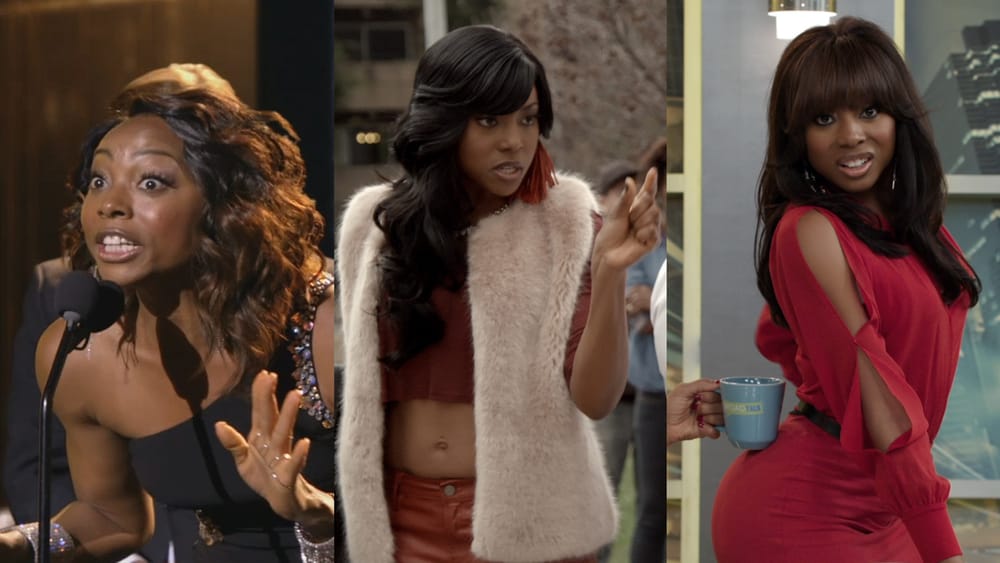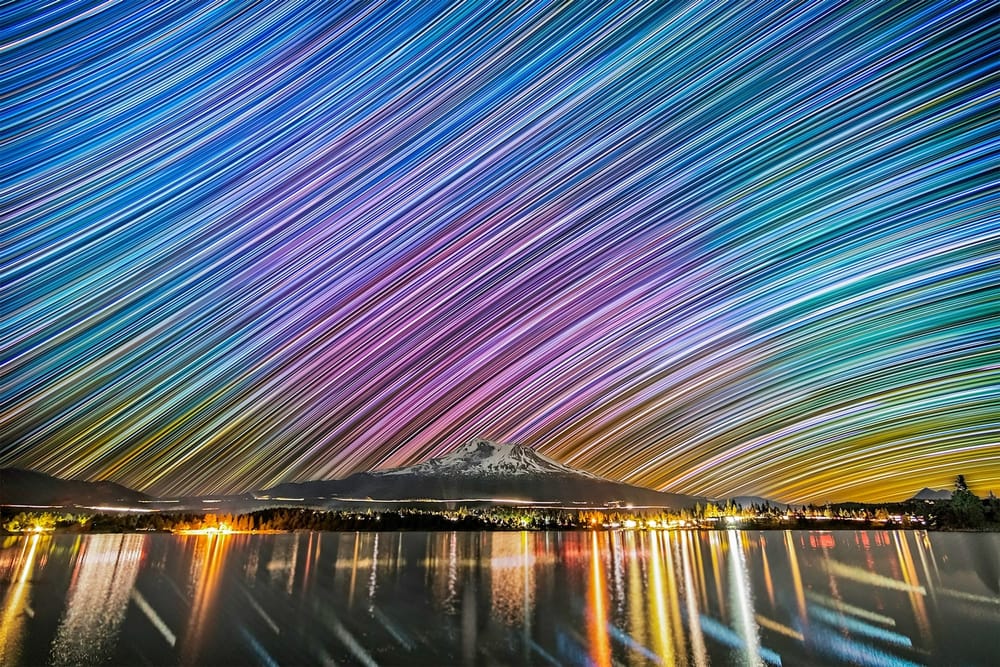Once upon a time, our industry was distributed in such a way that not all titles were equal. I don't mean Transformers vs Transmorphers, I mean personnel. And I don't mean equality in the sense of value, I mean in terms of role and responsibility. There exists an inherent [and respectful] understanding that graphic designers are not product designers, just as marketing directors are not film directors. Although our non-media counterparts use the oft underutilized comma to make that point clear (Director, Marketing)—not so, in our corner of the industry, especially with one role in particular. Welcome to the all-encompassing, often-overworked, amorphous title of producer.
It's true that the title of producer (much like manager) has a rather undefined nature without proper context. And yes, that's most of what it comes down to in the end. And although you can make a similar case for any title to some degree, motion design producers, more than any other role, currently seem to be [imho] the most non-mentored, overworked leaders in commercial advertising.
Messy World Leaders
Notice I use the term leader because that's what a producer is. If the creative director is responsible for the content, the producer is responsible for the entire job. And I don't mean 15 year veteran, rockstar EPs—I mean, used to be an AP 2 years ago and now bumped to producer today. They are still in charge...but of precisely what?
[hint: too much]
Why are motion/commercial design producers so difficult to define in terms of role, responsibility and training? And to be clear, let's use that oft underutilized comma to make this individual more distinct:
- Producer, Motion Design
- Producer, Broadcast Design
- Producer, Commercial Design
- Producer, Design and Animation
Senior Producer
Something like one of these, except for Senior Producer, which is what we are currently trying to unpack.
This phenomenon seems unlike parallel sectors in film, television, music, agency, gaming and print...if that is your territory, carry on. This thought exercise is intended for my corner of small, to medium-sized studios that borrow from your sectors and offer an amalgam of services of everything above. This is key—offering a full suite of services. The compounding issue is that optics sell—industry knowledge and expertise, not necessarily required. Hence, our producers don't use commas and are unfortunately expected to lead all things, all departments, all-in-one.
Let us count the ways: (toggle if you dare)
- Who is managing the pitch process, resources and timeline?
- Who is overseeing budgets, calendars and SOW?
- Who is filling seats based on production and creative personnel?
- Who is dancing between internal projects to borrow and spread resources?
- Who is the liaison between the project and upper management?
- Who is blamed when the job begins to go off-rails?
- Who is in charge of the production artists?
- Who is receiving and tracking production assets?
- Who is coordinating proper onboarding, both creative and admin?
- Who is approving scheduling and time off?
- Who is making sure tasks and milestones are being met?
- Who is the liaison between the creatives and client?
- Who is overseeing pre-pro and scouts?
- Who is ultimately responsible for the live acquisition?
- Who is signing off on allocated budget for crew?
- Who is blamed when the vegan talent doesn't get their proper meal?
- Who is the liaison for budget between department heads?
- Who is the liaison between live-action and post-production?
- Who is coordinating shooting specs with the camera department?
- Who is coordinating hand-off from set to studio?
- Who is in charge of setting up dailies?
- Who is sourcing and hiring the post vendors?
- Who is the liaison with other producers and vendors?
- Who is helping train and mentor APs and Coordinators?
- Who is maintaining budget for Editorial hours?
- Who is coordinating proper turnover?
- Who knows the final delivery codec and number of deliverables?
- Who is making sure there is a proper naming convention?
- Who is tracking the correct burn-ins for legal?
- Who is signing off on the Production Tracker?
- Who is tracking client requests against SOW?
- Who purchases more render tokens?
- Who is scheduling the VO session?
- Who is organizing the remote Color session?
- Who is coordinating final delivery and formats?
- Who is overseeing final QC?
- Who is working on roll-ups and actuals?
- Who is making sure the team is fed?
- Who is to blame when the team has to work late?
- Who is playing bad-cop keeping departments, processes, personnel and personal egos in check?
- *Answer: the producer.
Yes, in one [misunderstood] segment of the industry, the answer is the producer, not a team of producers-comma-specialty. But you may retort: that's not a motion design producer. Yes...precisely. And if you think the above is an exaggeration, I truly envy the La Marzocco Linea in your studio kitchen [we had a Keurig]. Your company is obviously more mature and deeper established with proper personnel. Congratulations and read no further. For the rest of us commoners, producers work with owners and leads who wear multiple hats, sharing responsibilities, switching titles per project. It's like a bad tv trope, where the small town clerk drops below the counter and emerges as the town Sheriff—then with another hat, emerges the Mayor—and so on. Everyone chips in, as they say, so that it leads to more work. But that doesn't exactly solve our producer inquiry for the Keurig-fueled studio just yet.
...producers work with owners and leads who wear multiple hats, sharing responsibilities, switching titles per project.

Swiss-Army-Knife Management
The reality is that many commercial producers are expected to produce, everything. And before you cry foul because as a creative you do your own vfx, edit and color (as I often do)—I would argue that when we/owners push to properly budget for vfx, editorial and color [and mix], that is met with far less friction than a producer requesting supervising support to oversee exactly the same [again, remember which corner we're referring to]. How do we expect a single producer with a small team to understand all-things-all-departments-all-industries? And why are small studios offering products and services that far exceed their industry knowledge and expertise?
...why are small studios offering products and services that far exceed their industry knowledge and expertise?
Industry Identity Crisis
Once upon a time, our industry was distributed in such a way that not all studios were equal. And I don't mean equality in the sense of value, I mean in terms of expertise and services rendered. There used to be an existing [and respectful] partition between visual effects, broadcast design, editorial, color, print, and so forth. No, these were never hard boundaries by any means—there is always a bit of smearing that happens with growth and innovation. Early Pixar worked on television ads, and broadcast design teams lead print campaigns. Late-90s motion graphics was [in part] an evolution of graphic design on a timeline [and before that, optical experiments and title sequences].
It's true that motion graphics [or whatever term we're using this year] has always been experimental and multi-disciplinary by nature. Yet, I would argue there always existed a core proficiency without the social pressure of today's sales optics. Can a pizza shop hire a freelance pastry chef and claim they specialize in pastries? If so, then any company can specialize in any thing—and any business can offer any "expertise." This is not a pronouncement—this is just a thought exercise.
Can a pizza shop hire a freelance pastry chef and claim they specialize in pastries? If so, then any company can specialize in any thing—and any business can offer any "expertise."
Which brings us to our original inquiry.
You can see that in both instances, we're dealing with a bit of identity crisis. How did both the motion studio and producer arrive at such an amorphous role?
Reintroducing: convergence...
(Part 2/2 Coming)





